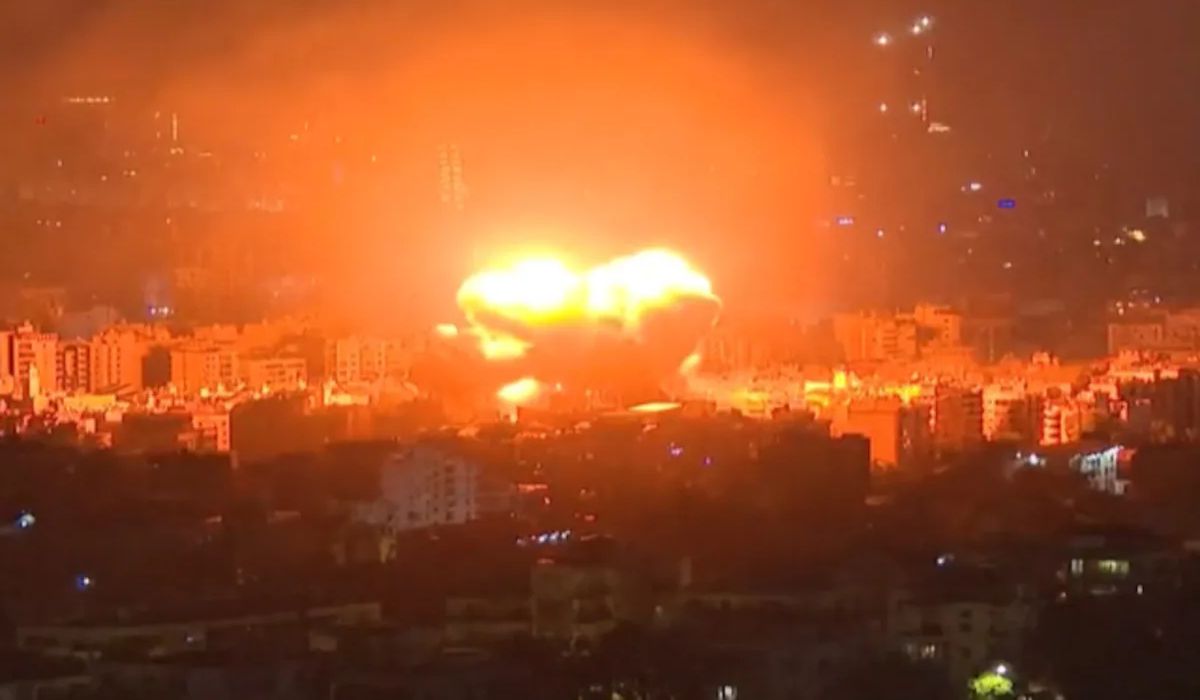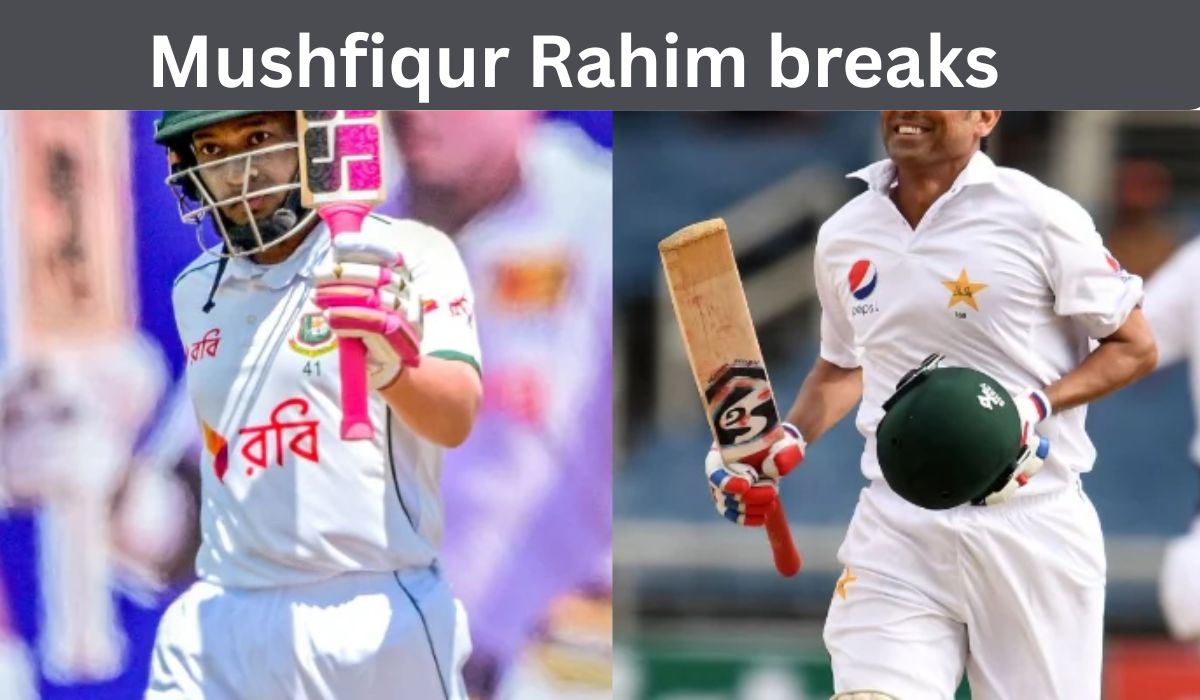TEHRAN / TEL AVIV / MOSCOW — The military conflict between Iran and Israel has intensified dangerously, with no clear end in sight. On Thursday, Israel launched strikes on key Iranian nuclear facilities, while Iran retaliated with missile and drone attacks that hit Israeli cities, including a hospital. The rising hostilities have triggered deep global concern, with Russia and China urging immediate de-escalation and diplomacy.
Israel Bombs Iranian Nuclear Sites
Israel confirmed airstrikes on several Iranian nuclear sites, including Natanz, Isfahan, and Khondab, which houses a heavy-water research reactor near Arak. Initially, Israeli authorities also claimed to have targeted Bushehr, the site of Iran’s only operational nuclear power plant, but later corrected the statement, calling it an error.
Iran’s atomic energy agency reported no casualties, though state media showed smoke rising near Arak. Iranian diplomats accused Israel of “psychological warfare”, particularly regarding claims about Bushehr, where Russian technicians are stationed—raising international concerns over potential nuclear fallout.
Iran Fires Back: Missile Strike Hits Near Israeli Hospital
In retaliation, Iran’s Revolutionary Guards launched dozens of missiles and drones at Israeli military and industrial sites. Key targets included defense facilities in Haifa and Tel Aviv, according to Tehran.
One missile struck near Soroka Hospital in southern Israel, prompting outrage. However, Iran claimed the actual target was a nearby Israeli military intelligence base located in Gav-Yam Technology Park.
“The hospital was only exposed to the blast wave,” said state news agency IRNA. “Our precise target was military infrastructure, not civilian facilities.”
Israeli authorities reported at least two dozen civilian deaths from the Iranian attacks.
US-Iran Diplomatic Tensions Mount
While the US has yet to directly intervene, the situation remains fluid. President Donald Trump denied a Wall Street Journal report that he had approved military action against Iran, posting on Truth Social:
“The Wall Street Journal has no idea what my thoughts are concerning Iran!”
A White House spokesperson later clarified that Trump may decide on military action within two weeks, according to Reuters.
Despite escalating rhetoric, diplomatic efforts are quietly underway. Trump’s special envoy Steve Witkoff has reportedly held several phone conversations with Iranian Foreign Minister Abbas Araqchi, attempting to de-escalate the situation. However, Iran refuses to return to negotiations unless Israel halts its airstrikes, which began on June 13.
The US had previously floated a proposal to enrich uranium outside Iran under a regional consortium, but Tehran has so far rejected the idea.
Global Powers Call for Ceasefire
World leaders have expressed growing alarm at the spiraling crisis:
-
Russian President Vladimir Putin and Chinese President Xi Jinping jointly condemned Israel’s actions in a phone call.
-
Xi called for an immediate ceasefire, urging Israel to halt attacks and warning against the use of force.
-
China emphasized its opposition to “any act that infringes upon the sovereignty, security, and territorial integrity of other countries.”
What’s Next?
With both Iran and Israel trading blows and no exit strategy in sight, the threat of a broader regional war looms. As military strikes continue and diplomacy hangs by a thread, global powers watch anxiously, urging restraint before the conflict escalates beyond control.


